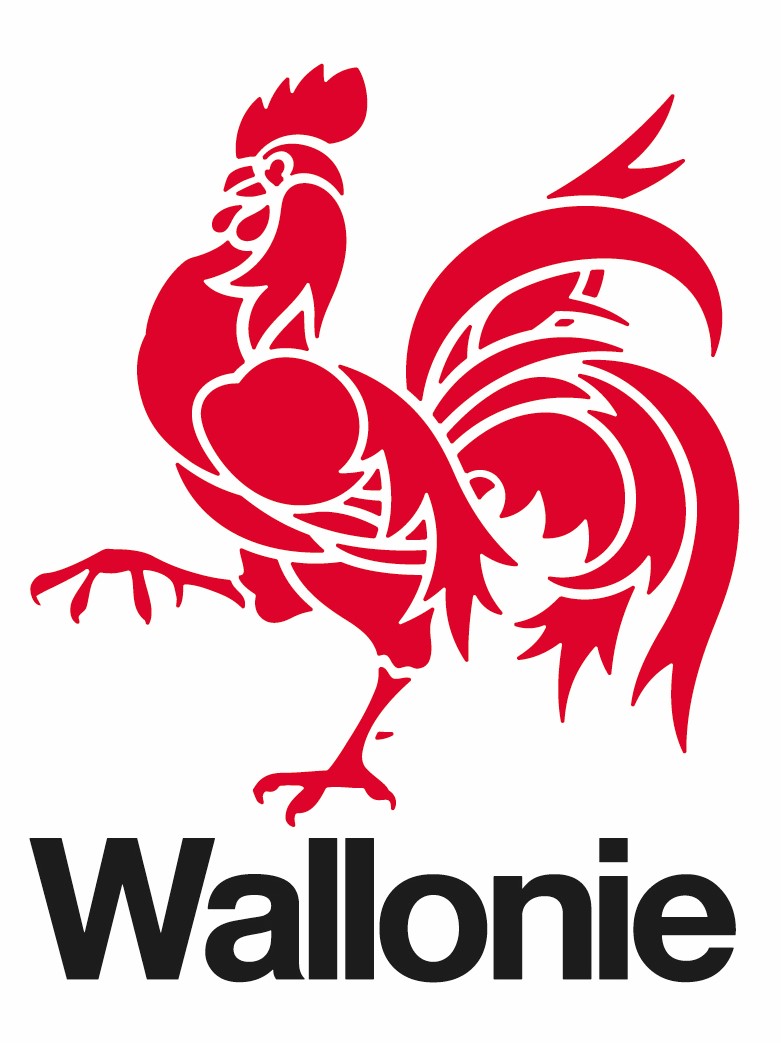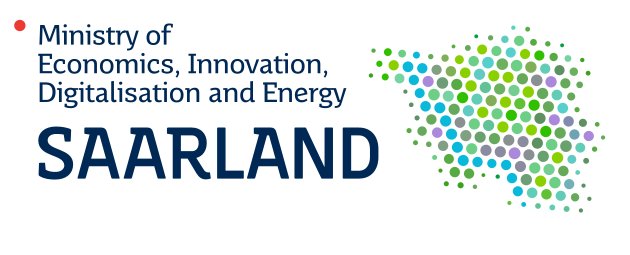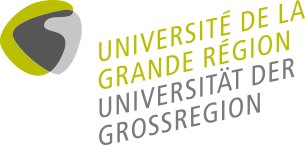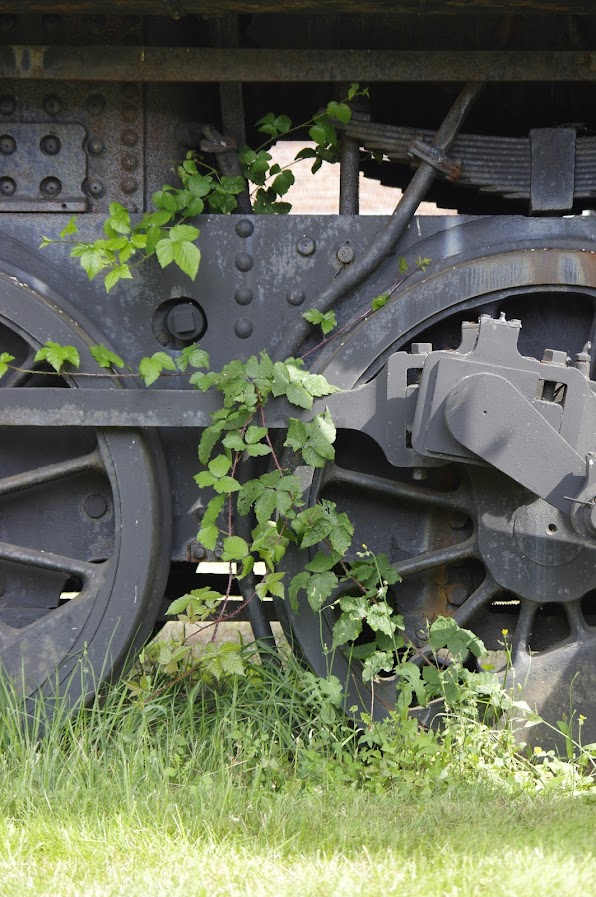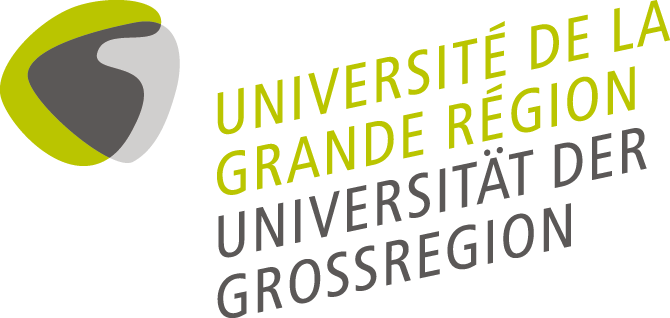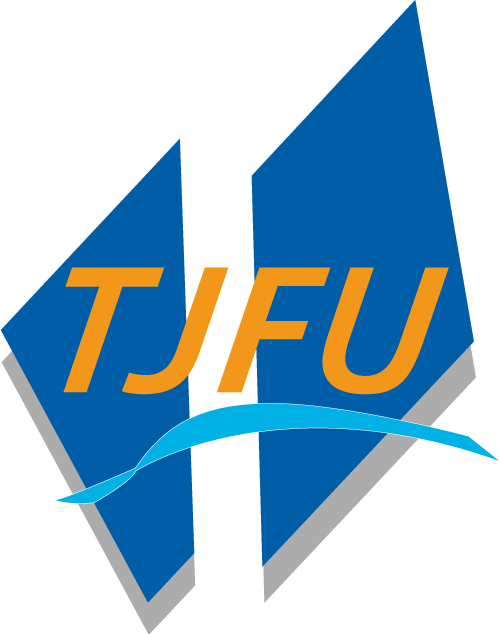UniGR's Interdisciplinary Centre of Expertise for the Circular Economy of Metals and Materials (UniGR-CIRKLA)

The transition to a circular economy is at the heart of the European Green Deal. With its considerable industrial tradition in the fields of steel and new materials, the Greater Region can play a role as a model both in changing consumer practices and in developing new business models.
The main aim of the project is to bring together players from civil society, education, research and industry in a single centre of expertise to facilitate the transition to a more circular economy for metals and geosourced materials. It brings together UniGR's scientific partners and CRITT TJFU alongside regional and European players from the world of industry and innovation. The aim is to go beyond the exchange of best practice and combine the skills of players in the Greater Region to respond together to a challenge whose solutions transcend the boundaries of regional components.
Programme: Interreg VI A Greater Region
Duration: 01.04.2024 - 31.03.2028
Budget: 6.571.654,00 € (of which 3.942.992,40 € ERFD funding)
Contact: Jean-François Nivart, Coordinator, University of Liège
Work package 1: TOWARDS A MORE CIRCULAR SOCIETY
Action 1.1: Circular Road Show
This is a series of activities designed to raise young people's awareness of the environmental impact of our manufactured products, from the extraction of the resource to the management of end-of-life products. These multilingual events will take the form of educational packs and travelling exhibitions for distribution throughout the Greater Region. The main aim will be to raise awareness of the Circular Economy, the need to reduce consumption flows and the pre-eminence of repair and reuse over recycling.
Action 1.2: "Executive Education" in Circular Economy
Development of an Executive Education programme to impart Circular Economy skills to managers and business practices in the Greater Region. The focus is on "Twin transformation", to combine the use of technology and innovation with the circular idea of circular sustainability. The partners have different areas of expertise (e.g. RPTU: business models and circular innovations; ULiège: metals recycling; Greenable GmbH: life cycle carbon accounting, EIT RawMaterials: start-ups and raw materials), which can be offered in innovative digital teaching formats (e.g. Metaverse teamwork) across national borders and complemented by on-site formats. Thanks to digital technology, there are no barriers to student mobility. Once the project is complete, there are plans to set up an MBA on circular innovation.
Action 1.3: Doctoral Summer School in Circular Economy
Bringing together doctoral students from all disciplines in the Greater Region with the aim of training them in the multidisciplinary aspects of the Circular Economy of materials and the basics of entrepreneurship by asking them to solve a circular economy challenge proposed by an industrial partner. Adaptation to the specific characteristics of the Greater Region of an activity initially developed by "EITRawMaterials" (ULiège/UL).
Work package 2: TOWARDS A MORE CIRCULAR TERRITORY
Action 2.1: Buildings as Material banks
Creating a virtual model of a building in order to document all the qualities and quantities of construction materials and to take into account, right from the design stage, the reuse and recycling of the materials used and to show what is available. Exploring documentation and certification requirements to ensure optimum recyclability of basic materials.Action 2.2: Reuse and Recycle - on the way to Circular Materials: Case Study Steel
Qualitative and quantitative "mapping" of material flows linked to the steel industry in the Greater Region and, consequently, identification of the main possibilities for influencing and potentially increasing their efficiency. Identification of new research topics in materials technology and partners in the Greater Region for effective technological optimisation solutions in the sense of potential circularity of the value chain. The complexity of the logistical and technical challenges of materials, but also energy and financial challenges of transformation in the steel industry towards the Circular Economy will require the complete processing of all data through consistent digitisation: the technical contributions of materials necessary for the construction of the digital twin for circular steel production will be provided.
Action 2.3: Repair, Reuse, Recycle Hubs
Organise the collection of waste electrical and electronic equipment (WEEE) in such a way as to encourage reuse and repair prior to recycling. Implement, in conjunction with collection companies, strategies for diagnosing and grouping waste streams. Encourage cross-border citizen repair initiatives (e.g. "repair cafés", etc.) and help with the supply or manufacture of spare parts.
Work package 3: TOWARDS MORE CIRCULAR INNOVATIONS
Action 3.1: Knowledge Centre
Create a common understanding of the circular economy, present knowledge in a way that makes it more accessible to the public and gather information on regional players and activities in the field.
Action 3.2: Cross-activity communication measures
The cross-activity communication should help to raise the project's overall profile and publicise all its activities to the various target groups.
Action 3.3: Cross-border Circular Economy Innovation Community
Identification, visibility and networking of players in the Grande Région (e.g. start-ups, companies, research institutes, incubators, investors) who wish to promote the Circular Economy. Networking of stakeholders in a cross-border innovation community.
Project partners
University of Liège (lead partner)
CRITT TJFU (Centre de Recherche d’Innovation et de Transfert de Technologie en Techniques Jet Fluide et Usinage)
UniGR a.s.b.l.
RPTU Kaiserslautern-Landau
Université de Lorraine
University of Luxembourg
Saarland University
Trier University
htw saar
Associated partners
Belgium:
Pole MecaTech
Maison de la Métallurgie et de l’Industrie de Liège asbl
INTRADEL
Germany:
Peter Gross Bau
A.R.T. Zweckverband
Steinbeis Forschungszentrum „Material Engineering Center Saarland“
Weltkulturerbe Völklinger Hütte - Europäisches Zentrum für Kunst- und Industriekultur GmbH
East Side Fab e.V.
saarland.innovation&standort (saaris GmbH i.Gr.)
greenable GmbH
Science and Innovation Alliance Kaiserslautern e.V.
Ministerium für Klimaschutz, Umwelt, Energie und Mobilität (MKUEM) Rheinland-Pfalz
Bauforum Rheinland-Pfalz
SHS – Stahl-Holding-Saar GmbH & Co. KGaA
Ministerium der Finanzen Rheinland-Pfalz
France:
XARDEL DEMOLITION
EIT RawMaterials CLC Central
Interfaces EURODEV CENTER
Luxembourg:
Technoport S.A.
SOLID S.A.
© Eric Pirard
With support from:
